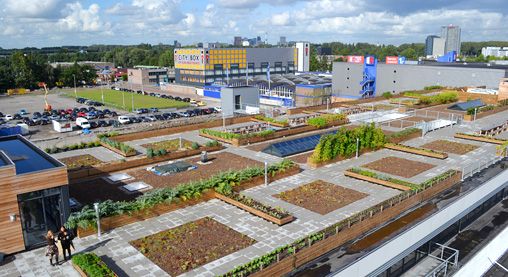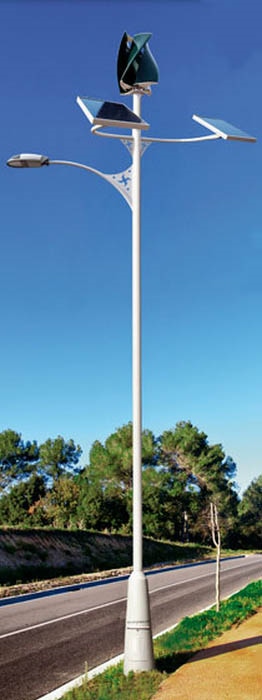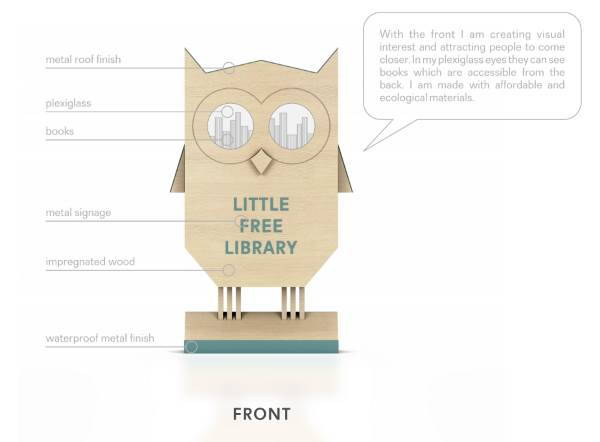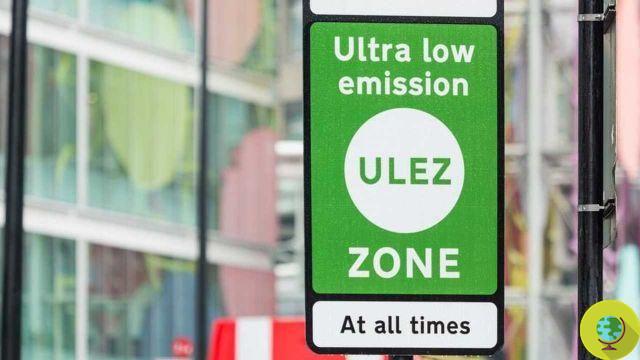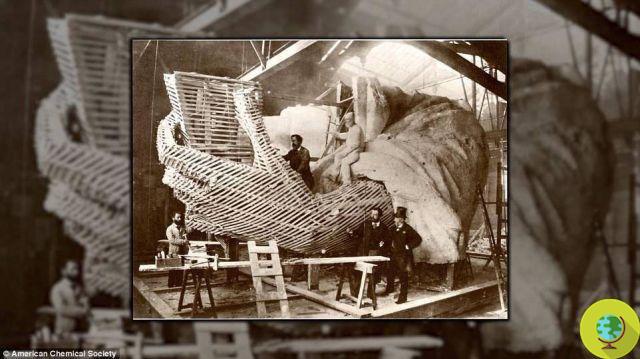
Noise pollution has a devastating impact on the cognitive performance of songbirds such as zebra finches. This was revealed by a recent study published in The Royal Society.
For most people, city traffic noise is a real nightmare, but for birds it is much more frustrating and has a decidedly negative impact. Thanks to a recent scientific study, conducted by a team of US scientists and published in The Royal Society, it was found that noise pollution can compromise the learning abilities of songbirds such as the nightingale and the goldfinch. In some cases, these birds even take twice as long to process and emit their melodies.
"Even we expected there to be a correlation between traffic noise and cognitive performance, I was a little surprised by the magnitude of the effect we observed" explains Pacific University associate professor Christopher Templeton, one of the authors of the research.
In recent years, a series of scientific studies had already shown the negative impacts that noise pollution has on animals. For example, a study published last September found that thanks to the traffic blockade in San Francisco, the white-crowned sparrows had been able to produce a higher quality and more attractive song to the female specimens.
The effects of traffic noises on songbirds
The study focused on a sample of songbirds, including zebra finches.
"We experimentally investigated how road traffic noise affects the cognitive performance of birds by testing adult zebra finches (Taeniopygia guttata) on a variety of foraging activities with or without traffic noise," the scientists explain.
“In some cases, we have observed that animals took more than twice as long to learn new skills when they heard road traffic,” adds Templeton. "For example, to learn to remember the location of a food reward, birds need about 9 tries before they can. while those exposed to traffic noise performed an average of 18 tests to learn the same task".
What was discovered alarmed the experts. Traffic noise, in fact, reduces the cognitive performance of birds, including inhibitory control, motor learning, spatial memory and social learning.
"This study demonstrates a novel mechanism by which anthropogenic noise can impact animals, particularly through cognitive interference, and suggests that noise pollution could have consequences not previously considered for animals " stresses the team of researchers.
And this situation caused by noise pollution could also compromise the success of the birds' mating strategies, leading to serious consequences on biodiversity.
"It's pretty sad," admits Professor Templeton. "It is becoming very difficult to find totally silent environments, where human noise is absent."
However, there are ways to reduce bothersome traffic noises in the city and protect the birds. As Templeton points out, “we can change road surfaces, think about redesigning the tires of a vehicle. I think there are several ways to try and reduce the noise. Just use the engineering in an intelligent way ”.
Font: The Royal Society/BBC
Read also:
- How to fight noise pollution (and why limit the use of headphones for music)
- Less lighting and more trees instead of concrete: so cities can save migratory birds









